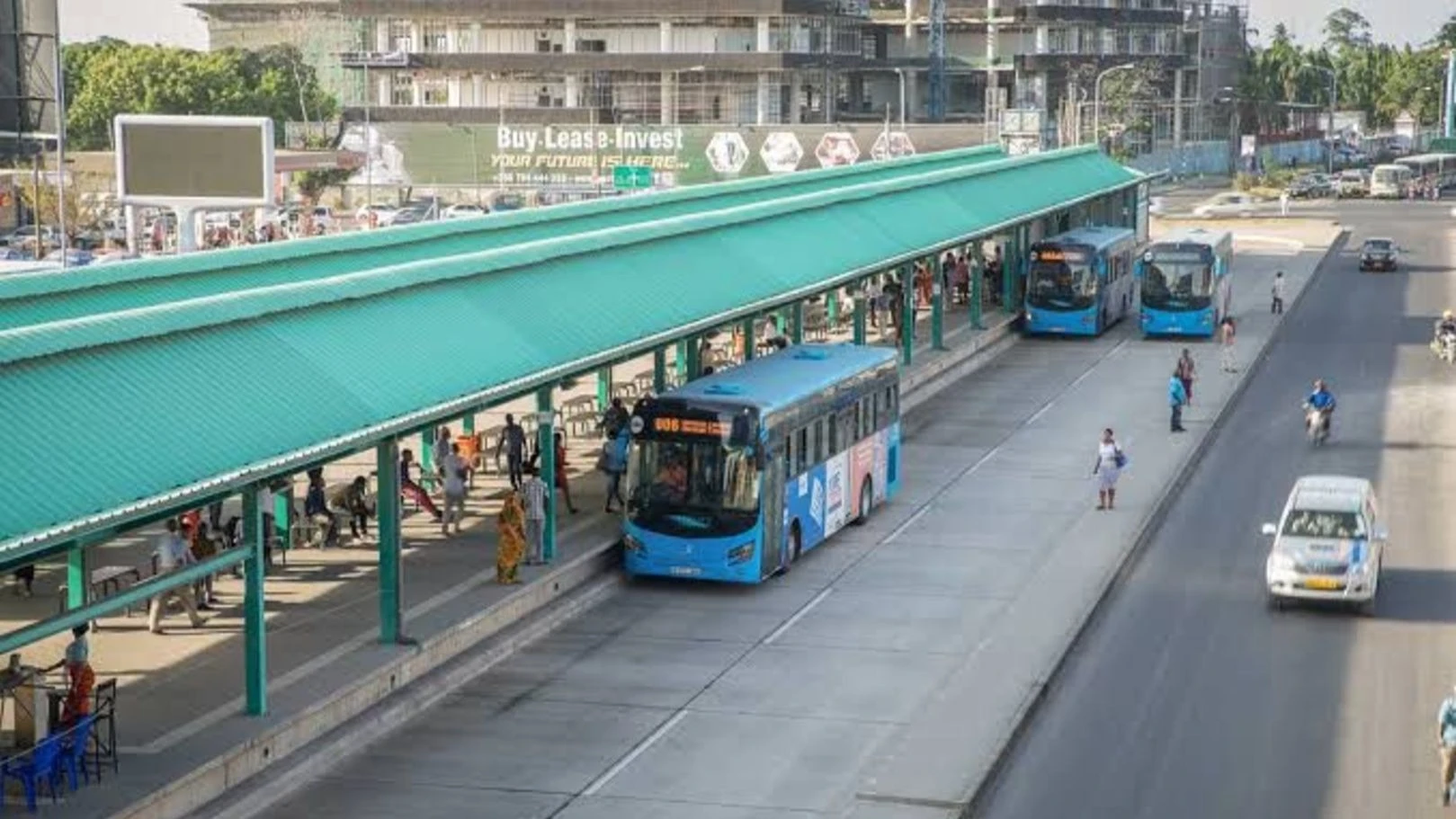Urgent reforms needed to spur agricultural financing in Africa

Leading global and African financial experts have called for urgent reforms to align financial structures with the needs of smallholder farmers, noting that increased agricultural lending is critical to unlocking Africa’s economic potential.
Speaking at a two-day conference on financing Africa’s smallholder farmers in Nairobi, Kenya, experts highlighted the need for government intervention to create a favourable environment for financial institutions to expand agricultural lending.
The conference marks a crucial step in mobilising the billions needed annually to support smallholder farmers, who account for 80% of the continent’s farming population but control less than 5 percent of agricultural land.
In his keynote address, African Development Bank Group president Dr Akinwumi Adesina pointed out the stark disparity in agricultural financing, noting that while agriculture contributes 30 percent to Africa’s GDP, it receives only 6% of commercial bank lending.
“Smallholder farmers around the world are the same, except those from Africa face difficult odds – poor access to markets, finance, information, infrastructure, and inputs – none of which we can’t address collectively,” Adesina said.
A panel discussion on sustainable financing mechanisms featured Alice Albright, former CEO of the Millennium Challenge Corporation; Brian Milder, CEO of Aceli Africa; and Jules Ngankam, Group CEO of the African Guarantee Fund. Moderated by former international broadcaster Yvonne Ndege, the panel explored solutions to bridge the financing gap in agriculture.
Experts identified several key barriers to agricultural finance, including: Risk misperceptions in agricultural lending, High transaction costs for rural financial services, mismatched loan products that do not align with farming cycles, lack of formal financial records and collateral and inequitable value chains limiting farmer profitability.
CEO of Aceli Africa Brian Milder highlighted a case study from Tanzania, where targeted interventions helped Tanzania Commercial Bank significantly increase its agricultural lending while also boosting rural bank deposits.
He also illustrated the challenge of agricultural finance with a striking comparison: while Kenyan government bonds yield 14 percent, the average return on agricultural SME lending is just 3 percent, making agriculture a less attractive investment.
“Capital is like water – it runs downhill,” Milder said.
“We need solutions that consider the full profitability equation, including transaction costs, risk, and capital costs for financial intermediaries.”
Drawing from her experience in global finance, Albright stressed the importance of defining financial challenges clearly, assessing risks, and ensuring strong political will.
“We must articulate the public policy rationale for financing smallholder farmers and address key design challenges, including risk management and cost efficiency,” she said. “With political will, innovative financial instruments, and strategic partnerships, we can establish a robust financing ecosystem that ensures capital flows where it is needed most.”
Ngankam noted the importance of customised financial products tailored to different agricultural value chains.
“The repayment schedule for maize cannot be the same as for tea or coffee,” he explained. “Commercial banks need specialised products that align with agricultural business cycles.”
Experts proposed several key recommendations to enhance agricultural financing, including Tailoring financing separately for working capital and infrastructure investment, developing risk-sharing mechanisms to attract commercial banks and strengthening digital financial infrastructure to reduce transaction costs.
Other key recommendations include implementing targeted subsidies to stimulate private capital investment and enhancing market access to increase farmer profitability
With smallholder farmers playing such a vital role in Africa’s food security and economic stability, the experts urged policymakers, banks, and investors to work together in unlocking the sector’s full potential.
Top Headlines
© 2025 IPPMEDIA.COM. ALL RIGHTS RESERVED

























